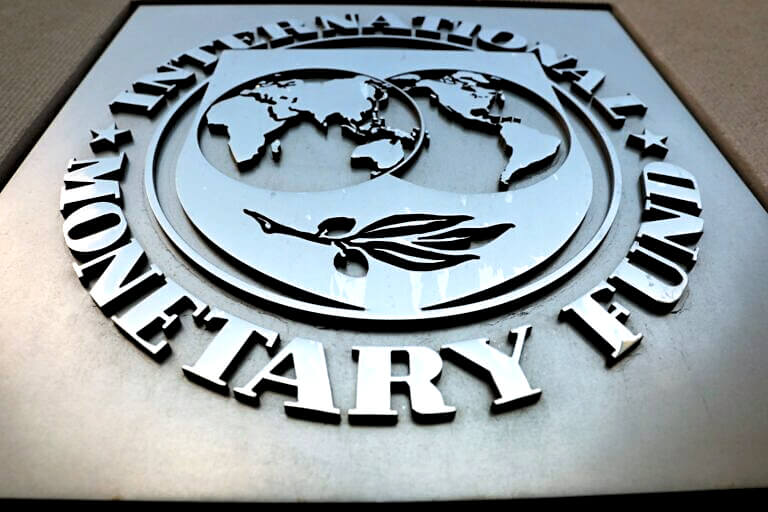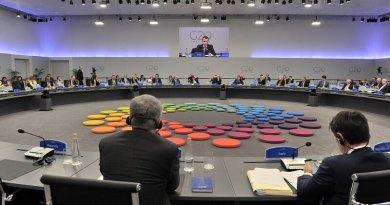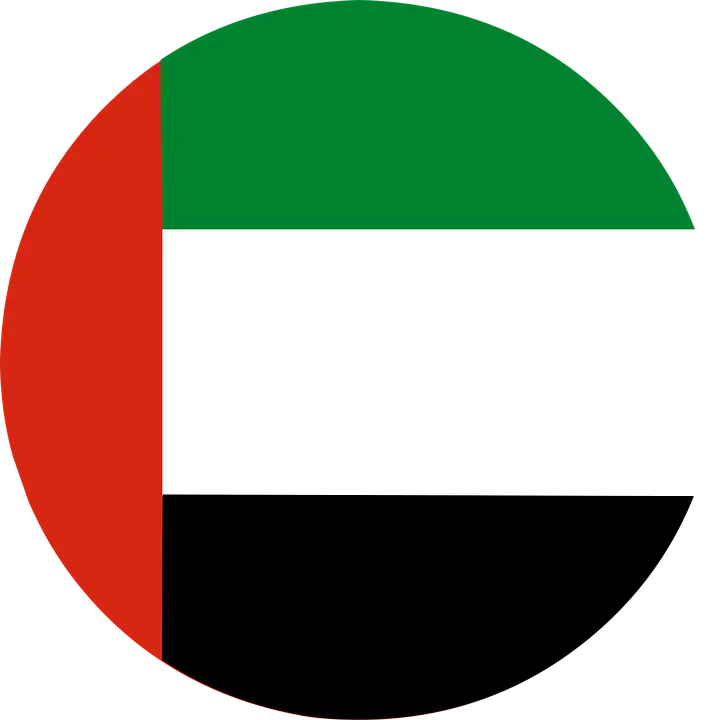Pakistan and IMF have begun discussions on Debt
On Wednesday, the govt resumed negotiations with the International Monetary Fund (IMF) concerning the delivery of critical funds, a procedure that has been hampered by worries over the country’s economic reform pace.
Pakistan has sought foreign assistance for its economy, which has been battered by heavy national debt, soaring inflation, and a falling currency.
The negotiations are taking place in Doha, Qatar’s capital, and are likely to last until next week, according to the Ministry of Finance.
Finance Minister Miftah Ismail, Minister of State Dr Aisha Ghous Pasha, Acting Governor of the State Bank of Pakistan (SBP) Dr Murtaza Syed, Finance Secretary Hamed Yaqoob Shaikh, Chairman of the Federal Board of Revenue (FBR) Asim Ahmad, as well as other officials from the Finance Division are all taking part in the virtual discussions.
Costly subsidies, particularly for gasoline and energy, are expected to be a significant sticking point, & the finance minister stated he hopes the two sides to “reach a medium ground.”
“The govt will try to persuade the IMF that keeping at least part of the subsidies is necessary for political stability,” stated economist Shahrukh Wani.
“The IMF will likely argue that they are unsustainable and that they must be reversed to bring the trade & budget deficits under control,” he added.
Because his govt reneged on pledges to decrease or stop some subsidies and boost income and tax collection, a $6 billion IMF rescue plan approved by former PM Imran Khan in 2019 was never completely executed.
Pakistan has gotten $3 billion so far, and the programme is set to expire later this year.
Officials want the programme to be extended until June 2023, as well as the next $1 billion tranches to be released.
Shehbaz Sharif, the prime minister, has promised to revive the country’s stagnant economy, but critics believe his shaky govt has failed to make critical judgments.
The IMF has connected the continuance of its loan package with the revocation of gasoline subsidies, which were implemented by the previous govt, in recent discussions with the incoming finance minister. PM Shehbaz, on the other hand, has repeatedly rejected recommendations from the Oil and Gas Regulatory Authority & the Finance Ministry proposing to raise fuel prices.
“It’s a government that has failed to take tough political moves to offer ultimate economic relief but that’s precisely the price this should make by going to the IMF,” Michael Kugelman, deputy South Asia director at the Wilson Center in Washington, said.




